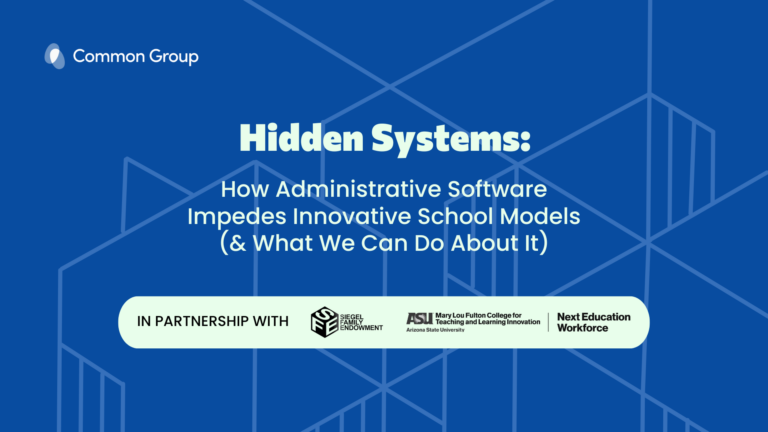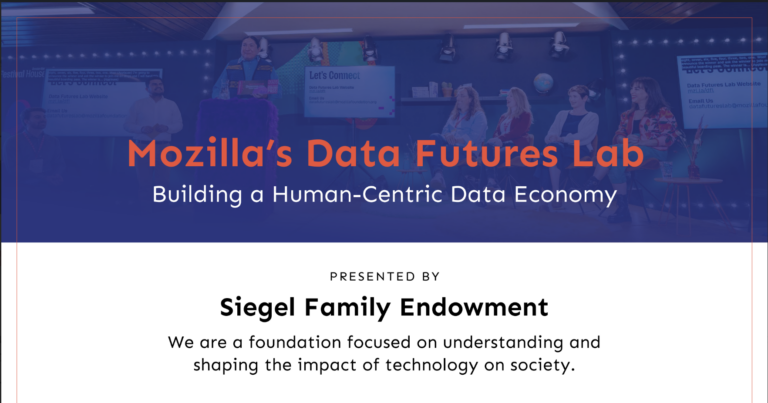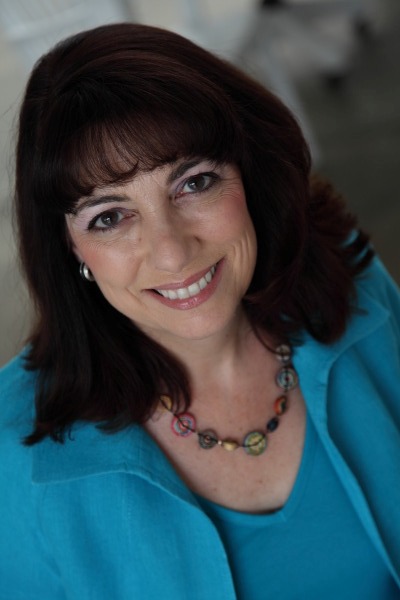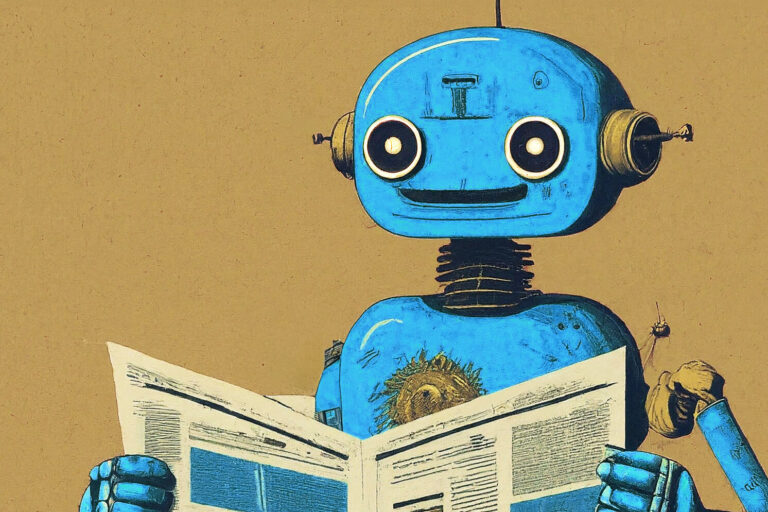E4C Fellows reflect on engineering for social change, the value of collaboration, and shaping career trajectories
It’s rare for engineers to have accessible and multidimensional career pathways for applying their expertise to social challenges. The Engineering for Change (E4C) Fellowship seeks to change that. E4C, which was founded jointly by the American Society of Mechanical Engineers (ASME) and other leading engineering societies, pairs early career technical professionals around the world with cross-sector partner organizations that are working to solve local and international problems. Fellows receive mentorship and support from E4C and contribute their research and projects to a growing library of resources for the field.
This past summer, Siegel Family Endowment supported two E4C fellows to delve into the E4C approach and to understand the impact of the program for fellows and alumni—and society—now and in the future. Ana Milena Trujillo Castro is a mechanical engineer in Colombia. Arijit Goswami lives in India, where he works in the IT sector, after earning a bachelor’s degree in engineering and an MBA.
For their E4C fellowship, Ana and Arijit teamed up to research fellows’ experience of the program and to develop recommendations for how the E4C fellowship can propel even deeper change. In the following interview, Ana and Arijit reflect on what they learned.
You’re both in technical fields—Ana in mechanical engineering and Arijit in IT. Before you began working with E4C, what were your expectations for the types of career pathways available for people with your backgrounds?
Ana: I was always thinking, ‘How can I merge my technical background in mechanical engineering—which is very technical and academic with being in contact with communities and people?’ The fellowship showed me some pathways that I didn’t know before. It was a mix of two things I really like—engineering and social issues and getting involved in communities and social development. I didn’t expect that I could bridge these passions, but after the fellowship, I am more clear about this pathway.
Arijit: I graduated in 2014 as an electronics and communications engineer. And the path that most of the engineers in my country [of India] have, is that once graduation is done, most of us go for a corporate job. There was not much exposure to global development, or how engineering can also intersect with social action, which is something that excited me about Engineering for Change.
Has your experience with E4C changed your thinking about how to solve problems? In what ways? What kinds of skills did you develop in the course of the fellowship?
Arijit: In this E4C project, I was working directly with Ana on each and every aspect. It was not as if I was working on something locally and then sharing it with her, as is common for many international firms in India. Everything was happening through online collaboration. The multidimensional approach is there. I think there is a large opportunity for that to mature in the corporate sector in India.
Ana: Connecting with people all over the world and getting to know different ways of working, different accents, different time zones it gives you the idea that you are going to learn something different every time. And that’s very inspiring.
Arijit: Ana and I both were able to hone and improve our soft skills, because we’re on opposite sides of the Earth. So the time zones are always a problem. But in scheduling it was always about being accommodating of others’ needs, understanding the challenges the other person may have. This built empathy and tolerance. And figuring out what is best for both the stakeholders and moving ahead with it. I think we became much more understanding of other people’s needs through this collaboration.
Tell us more about your collaboration. What were you studying and what was your approach to this research?
Ana: We conducted interviews with a sample of current fellows and alumni, drawing on a number of models and frameworks for program evaluation. We wanted to understand the exposure that fellows previously had to the multidimensional environment and the motivation they had for applying to the fellowship. We wanted to evaluate the soft skills and the technical skills that they acquired. And we wanted to understand the impact of the fellowship on their careers.
Arijit: We also wanted to find out what had happened to alumni in the program. So we actually cataloged their current employment via LinkedIn, and found a wide variety of sectors represented. And through interviews with alumni, we also learned that fellows are bringing a lot of the skills and the multidimensional approach that they acquired in the fellowship to their current employment.
What did you learn? What findings from your research surprised you the most?
Arijit: I had thought that most of the fellows, when they were asked about the biggest value derived, would say that they learned a new software or a new engineering skill. But almost all the fellows said the biggest benefit was the professional skills they developed. They said that academic knowledge was something that they could rely on their professors for, they could have acquired from their books. However, the professional skills—cross cultural collaboration, interacting with people from different geographies, understanding their challenges and so on—the professional skills and the soft skills was the thing that they valued the most from this fellowship.
| A graphic showing the skills that current E4C fellows indicated developing through the program |
Ana: The thing that surprised me the most was the confidence that the fellows have that they can change something, whether they are working in the private sector, the public sector, or their own enterprises. It was surprising all the pathways that someone can choose, and all the opportunities that someone has if they really want to make some change with a background in science or technology.
Arijit: One thing that surprised me was how much influence one fellowship program can have on participants. There were around four or five alumni fellows who said that they had a different career pursuit in mind. However, within six months of having been in the fellowship, they altogether altered their career goals. They went for a doctoral program, or they went for an entrepreneurship venture, or they went seeking grants for an idea that they had in their mind which they never previously thought would become a reality.
What did you learn from the experience of conducting the research? How do you think the experience of participating in the fellowship will shape you in the future?
Ana: My background is very technical, and I was always conducting quantitative analysis. All the data that I analyzed was represented by indicators or graphs or numbers or percentages. This was the first time that I conducted qualitative analysis and it really opened my mind. In trying to understand the soft skills that we were evaluating, we couldn’t rely on indicators or graphs or numbers. I also began to understand that if you really want to do deep quantitative analysis, first you have to analyze the qualitative things that you have.
Arijit: We found that a big benefit of the fellowship was the network we develop with other people who are also thinking about engineering for global development. I not only can have some good interactions, but I can also identify some opportunities to pursue some career pursuits in this area. Every person has said that they’ve not only learned professional and soft skills during their fellowship,, but they have also implemented them in the workplaces or institutions. So the network effect is happening. That’s definitely true for me.





